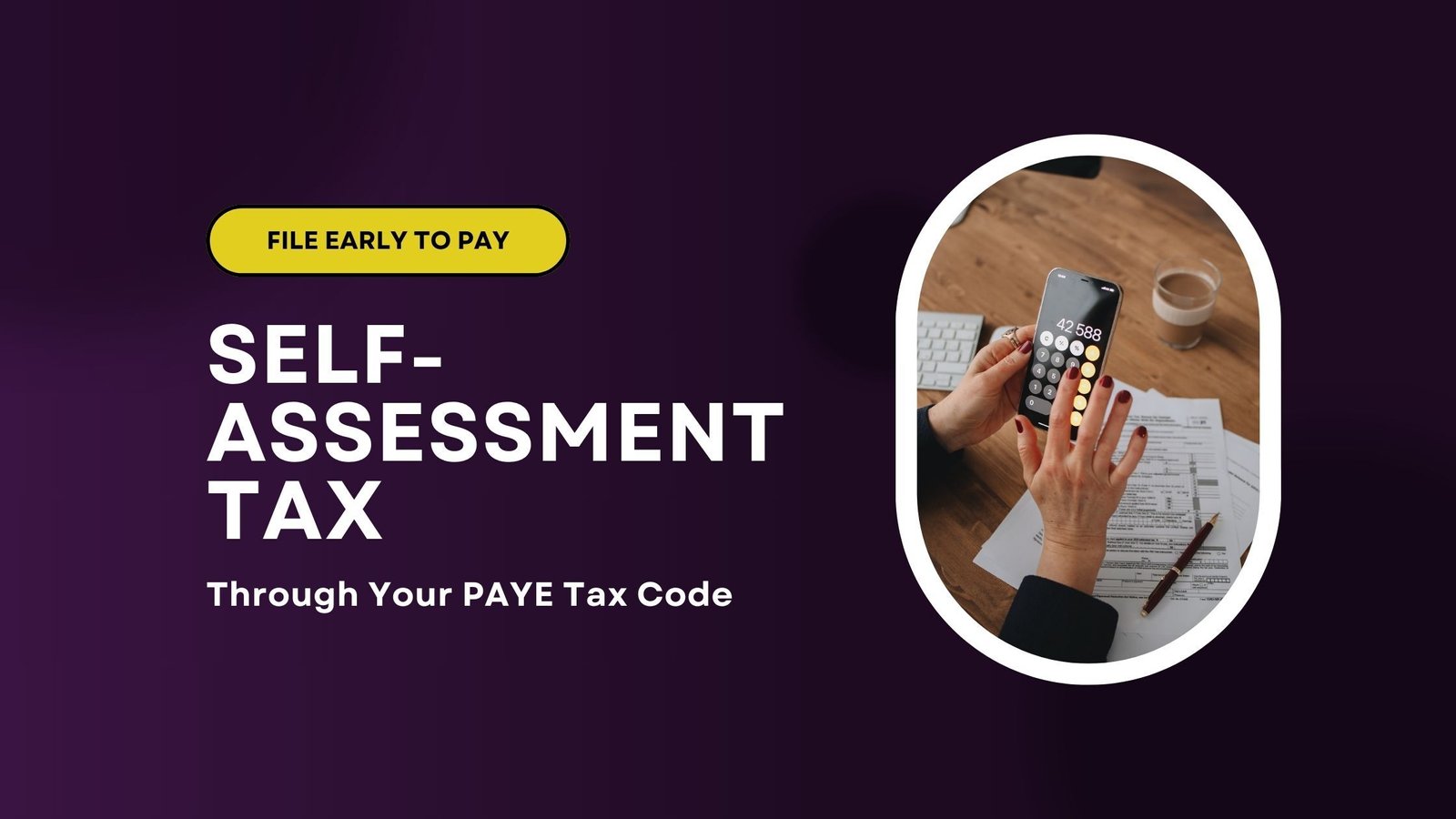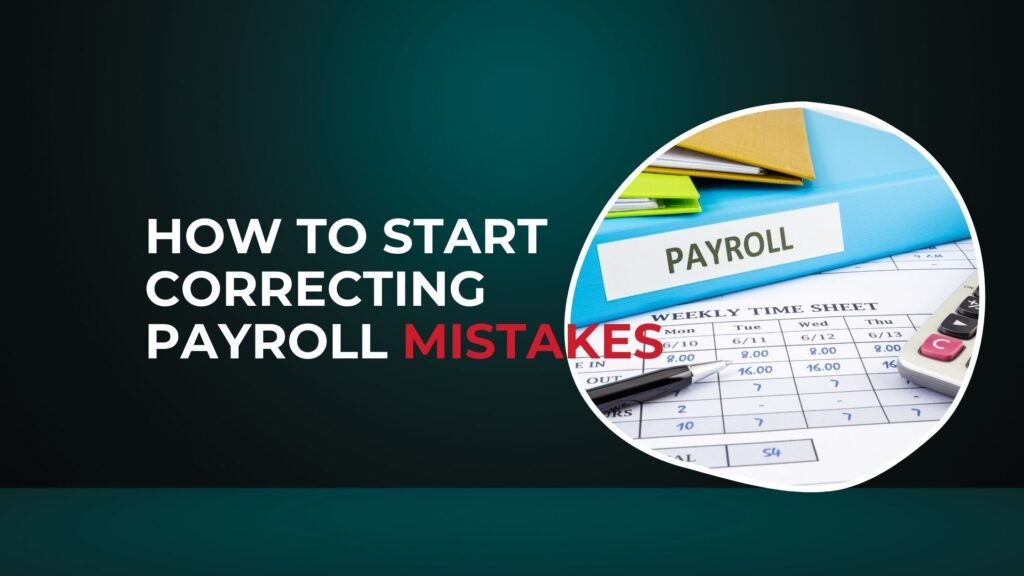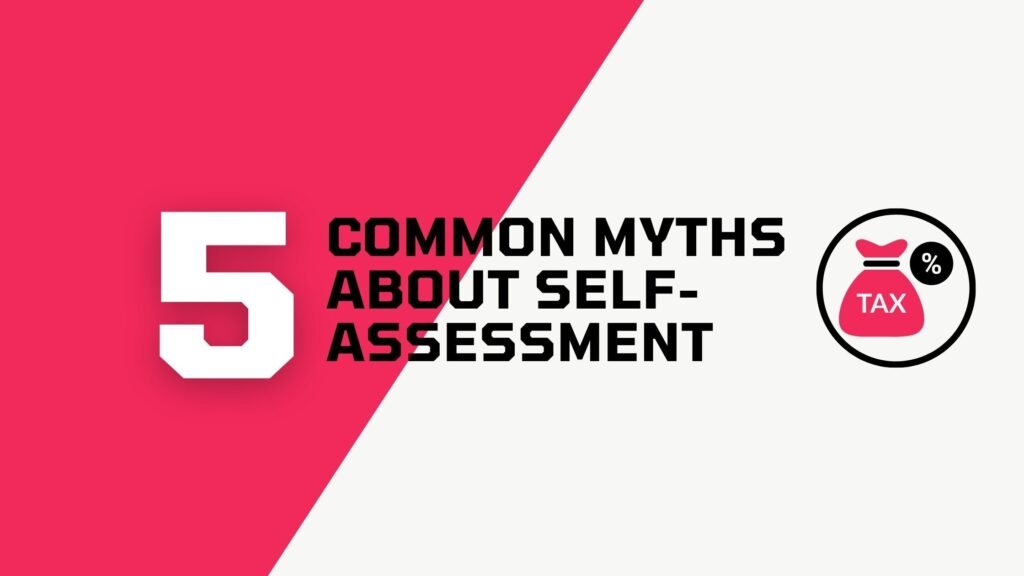Filing your tax return early can help you manage self-assessment payments more easily. If you meet certain conditions, you can pay off your tax bill through your PAYE tax code, spreading the payments out over the tax year instead of paying in a lump sum.
What is Coding Out and How Does It Work?
“Coding out” allows HMRC to collect tax debts directly from your income through your tax code, either from your employment earnings or a company pension. This approach lets you pay off tax owed in equal monthly instalments over the tax year, rather than one large payment.
Key Requirements for Coding Out
To be eligible for coding out, you must meet these conditions:
- Owe Less Than £3,000: The tax debt must be under £3,000. Part payments to meet this threshold are not allowed.
- Pay Tax Through PAYE: You must already have a PAYE tax code, which applies to employees and those with a company pension.
- File Early: You need to have filed a paper tax return by 31 October or an online return by 30 December.
If these conditions are met, HMRC will usually apply coding out automatically, unless you request otherwise on your tax return. Note that if you do not have enough PAYE income to cover the debt, HMRC may not apply coding out.
Benefits of Filing Early
If you want to take advantage of coding out for the 2023-24 tax year, make sure to submit your online return by 30 December 2024. By doing this, you ensure that your self-assessment tax is collected through your tax code for the 2025-26 tax year, which starts on 6 April 2025. Filing early is a proactive way to manage your tax obligations and spread payments across the year.
Conclusion
Coding out can be a convenient way to manage tax payments if you meet HMRC’s requirements. Consider filing your self-assessment tax return early to take advantage of this payment option, easing the burden of a single, large payment. Book a free consultation with us for personalised assistance and to ensure you’re making the best choices for your tax situation.




